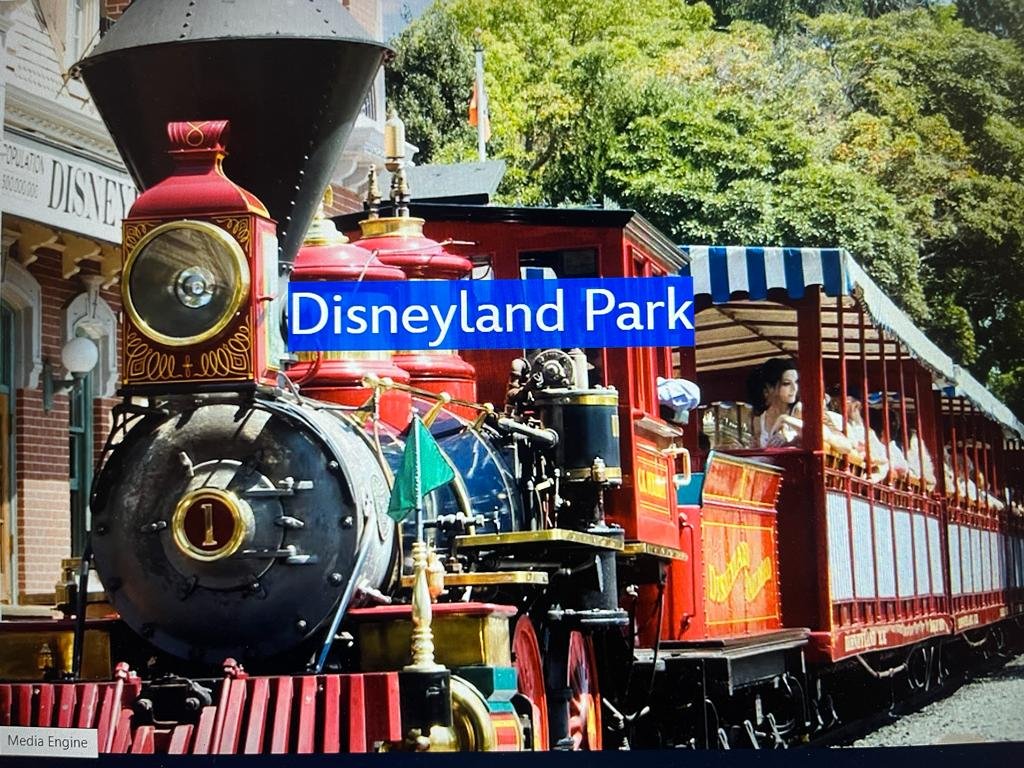Disneyland Park
Due to a 3.5-magnitude earthquake that occurred on Monday night, Disneyland in Anaheim, California, was forced to close several of its rides.
At about 8:09 p.m., according to the U.S. Geological Survey, an earthquake occurred, with the epicenter located two miles north of Disneyland and just over a mile east of Fullerton. At about 8:30 p.m., a smaller aftershock was reported to have occurred.
Despite the fact that no damage or injuries were reported in the immediate wake of the earthquake, Disneyland closed dozens of its well-known rides while workers performed necessary safety inspections.
A post by unofficial Disneyland information source MiceChat on X, formerly Twitter, at 8:24 p.m. stated, “Damage is very unlikely, but guests will be inconvenienced while rides are inspected.”
A post stating, “All attractions and queues are now closed,” was shared by the account about 20 minutes later. Attractions are alerting visitors that they will reopen following safety inspections.”
Disneyland has very seldom closed in its entirety. This happened most recently in March 2020, during the height of the COVID-19 pandemic. The park was closed for the first time in 1963 during the national mourning period following President John F. Kennedy’s assassination and for a second time in 2001 following the September 11 attacks.
Disneyland Park has only previously closed to inspect damage following the 1994 Northridge earthquake, which rocked the southern Californian San Fernando Valley.
Regarding Monday’s brief closure, Disneyland Park has not posted anything on its official social media pages.
Since November 16, the Disneyland Resorts X account has not shared any content. Disney, the company’s parent, removed its advertisements from X last month due to hate speech and antisemitic remarks being shared there. A number of other businesses have also stopped running advertisements on X, including Apple, IBM, Warner Bros., and Lionsgate.
According to a recent report by the Anti-Defamation League, antisemitism on X has increased since Elon Musk took over. According to the report, it has increased by almost 1,000 percent since the start of the current Israel-Hamas conflict in early October.
Media Matters looked into X’s ad placement as well and found that, despite promises that this would not happen, big businesses were sharing their advertisements next to content that contained white nationalist hashtags.
Elon Musk, who purchased the social media network in October 2022, came under fire last month for openly endorsing a conspiracy theory that was perceived as antisemitic. The billionaire attacked the Anti-Defamation League, a group that monitors antisemitism, after promoting a post in which he claimed Jews were inciting hatred.
During the New York Times Dealbook Summit last week, CEOs of Tesla and SpaceX, Elon Musk, were questioned about Disney and other companies ceasing to advertise on X. Earlier in the day, Bob Iger, the CEO of Disney, also spoke at the summit.
“What this advertising boycott is going to do is kill the company,” Musk stated. “And the whole world will know that those advertisers killed the company.”
Additionally, he addressed Iger directly when he said, “Don’t advertise. If someone tries to use advertising as a form of blackmail on me,? Use money as a form of blackmail.
If you’re in the audience, hello, Bob. I feel that way; please don’t promote it.”
But Musk also acknowledged that his response to the contentious X post with the conspiracy theory was “one of the most foolish” things he had ever shared on the social media site.
“I should, in retrospect, not have replied to that particular post and should have expanded in greater length about what I meant,” he said. “What I am trying to illustrate is that sometimes I say the wrong thing.”
Iger also talked about Disneyland Park’s choice to no longer run ads on X.
“I have a lot of respect for Elon and what he has accomplished,” Iger stated. We are aware that Elon is a real-life superhero in many ways and that his brand is closely associated with the businesses he founded or now owns. We felt that the association he made was not always favorable for us because of the public stance he took.”
